
For many Whitman students looking for a relationship, or even just looking for a casual hook-up on a Friday night, Whitman’s small size can feel overwhelmingly claustrophobic. There are moments when it feels as if you know every face on campus, when you despair that none of them are viable dating options, and when even the girl who used to make eyes with you in the library is taken.
Fortunately, though, these moments usually pass. Even if there are only approximately 1,500 students on this campus, and even if the girl is the library is otherwise occupied, there is another girl in your economics class who is actually quite cute.
This isn’t always true for members of the queer community.
Queer individuals at Whitman make up a tiny, almost familial community within an already small student body, which often makes the challenge of on-campus dating exponentially more difficult.
Junior Phoebe Horvath discussed this size issue.
“I think it’s hard to have a dating culture here because the school is small. There are only a certain amount of students, and within that subset there are only a certain amount who identify with or are open to a non-straight relationship,” she said.
GLBTQ intern sophomore Evan Griffis spoke to the same frustrations, adding that the community atmosphere on campus discourages individuals from pursuing casual hook-ups.
“At bigger schools, I think it would be even more of a hook-up culture. But I think here, just because we do have a small community, it kind of forces a little bit of the anonymity away from that, and it kind of puts some pressure on actual long-term relationships. With that being said, I think the frustration is definitely from the [small size of the community].”
Because the queer community is so small, queer couples are often very visible for the rest of campus. While this is not necessarily a bad thing, it does mean that entering into a relationship could be incredibly stressful for someone who has not yet come out of the closet.
Senior Kate Kight commented on her personal difficulties with this issue.
“If one partner doesn’t want to be out, there’s not a lot of hiding at Whitman. And [my girlfriend and I] got sick of trying to hide it, because it got in the way of the amount of time we could spend together,” she said. “I also think that it’s a myth that it’s easy to come out at Whitman … it’s a very personal issue, and you can have all the support and love in the world and it still can be utterly terrifying.”
GLBTQ intern junior Sean Mulloy also pointed out that how comfortable one feels about being out of the closet, and to whom they are ready to reveal that information, affects the relationship possibilities on campus.
“I think that there [are] folks that are interested in the queer community, but still don’t necessarily feel comfortable being out. I think it’s even harder for them, because they have to be out in order to date or hook up with someone,” said Mulloy.
Horvath spoke to this, emphasizing that this dynamic differs for men and women. From her experience, it’s more socially acceptable for women to leave their sexuality undefined, whereas for men, there is pressure to define themselves according to more rigid structures.
“I think a lot of people have come to terms with their sexuality being somewhere on that spectrum, and I think in general, women are a lot more comfortable with that idea … Most of the men who I know are out are out as either gay or bi. It’s more definite; you don’t see as much of the spectrum,” Horvath said.
Fortunately, the community has formed itself to deal with the issue of limited options. Most significantly, because the dating pool is so small, queer students at Whitman have encouraged developing friendships with off-campus queer communities.
Several students at Walla Walla University and Walla Walla Community College have turned to Whitman as a source of community because they feel that their colleges lack a clear support system for queer students.
WWCC sophomore Justin Hallowell spoke about why students at his school have made acquaintances within the Whitman queer community.
“As a school, Whitman is a lot more liberal, and so the students here are a lot more knowledgeable about issues. They tend to do things that are directly related to the population here, and they seem to actually make a difference,” Hallowell said. “Here there is a larger majority [of a gay population], so you aren’t quite as much of a minority. And again, it is a lot easier to be gay here [at Whitman] than it is to be gay [at WWCC].”
WWCC students attend parties like Queer Beverage and participate in GLBTQ group activities, which allows these students to experience the support of a larger community while simultaneously expanding the dating options for Whitman students. According to Mulloy, Whitman has come to be a refuge for some WWU and WWCC students who are willing to look off campus for support.
“This year we’ve been able to form much more intricate relationships with the other colleges’ communities. So like yesterday at Queer Beverage there were a lot of folks that came from Walla Walla University, and we have a few really good friends from [Walla Walla Community College],” said Mulloy.
In addition to encouraging more students to attend functions, queer students at Whitman have expanded their notion of what a relationship entails. Both Griffis and Horvath spoke to the opinion that the societal ideal of a monogamous, two-people-together-forever relationship can be quite stifling.
“A lot of times, people find alternate ways to define a relationship that works for them better. And that’s really worked for me, and I know that’s worked for other people on campus … It’s been kind of neat to figure out that there are other ways to be in a relationship besides two people together forever,” Horvath said.
Griffis conveyed the same sentiment, arguing against the assumption that a monogamous, traditional relationship between two people is best for everyone.
“There is kind of this other pressure for us to want to reject that notion, or reject the idea that we have to assimilate into that kind of relationship. So there’s also this kind of counter-pressure to rebel against that system, and kind of explore alternative relationship structures,” he said.

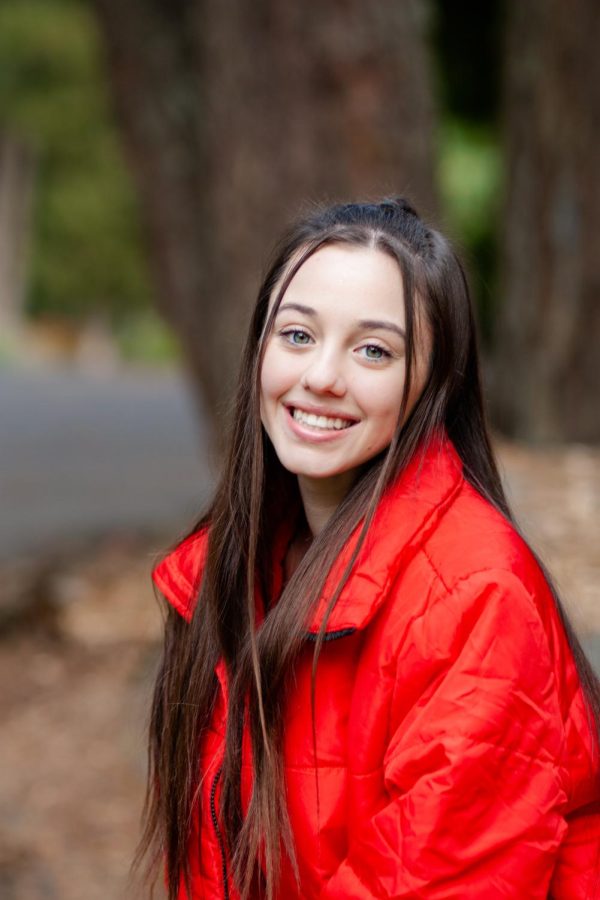
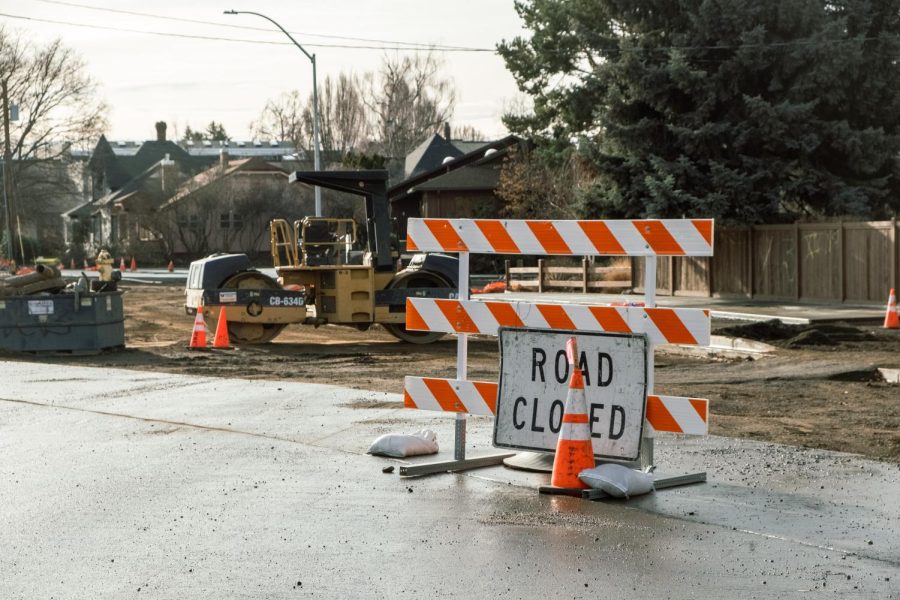
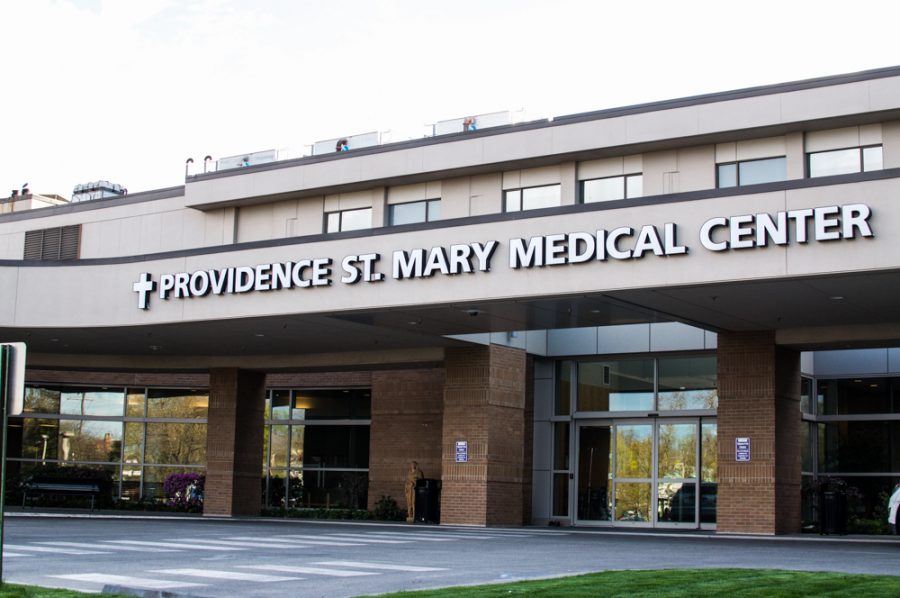
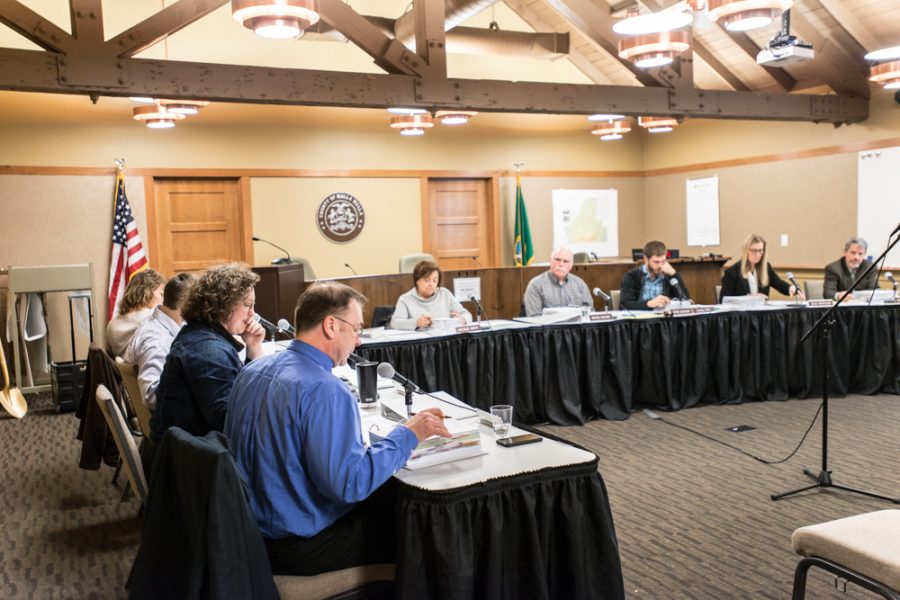
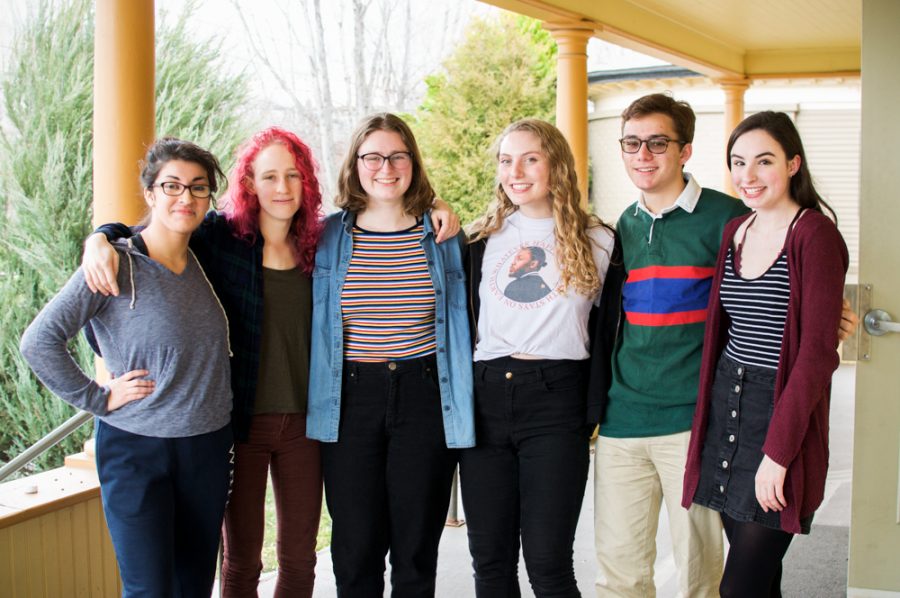
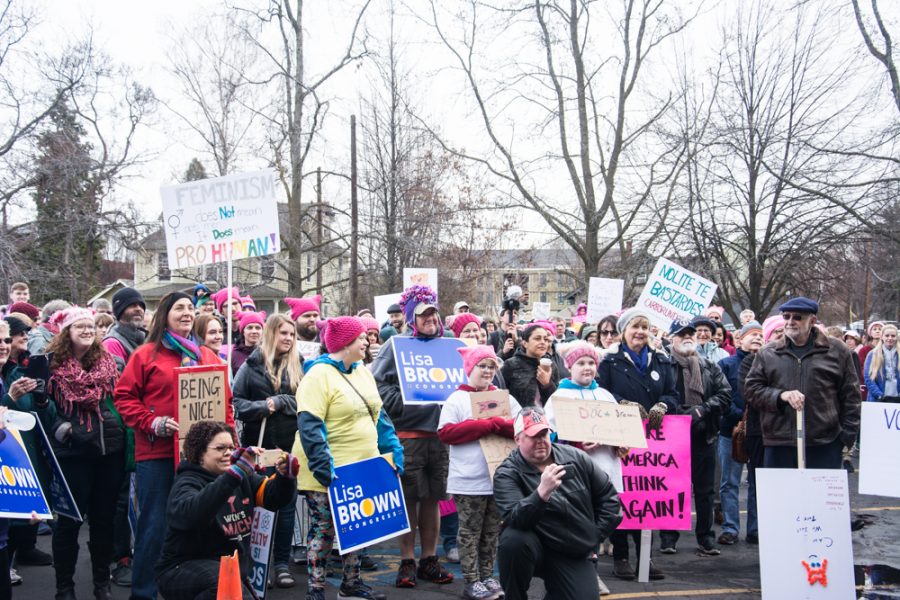










Luis • May 2, 2013 at 5:52 pm
Where are my QPOC in this discussion? Yeah, the size of the school does affect how dating is perceived. But for me, monogamous and LTR are aspects of my culture that I do not want to lose in an attempt to assimilate into a (white) queer community. Especially when that queer community ignores and silences the voices of QPOC. And, as I see it, hooking up is mostly what happens on campus often while relationships (monogamous and non-monogamous) are rare.
Just giving my brown two cents.